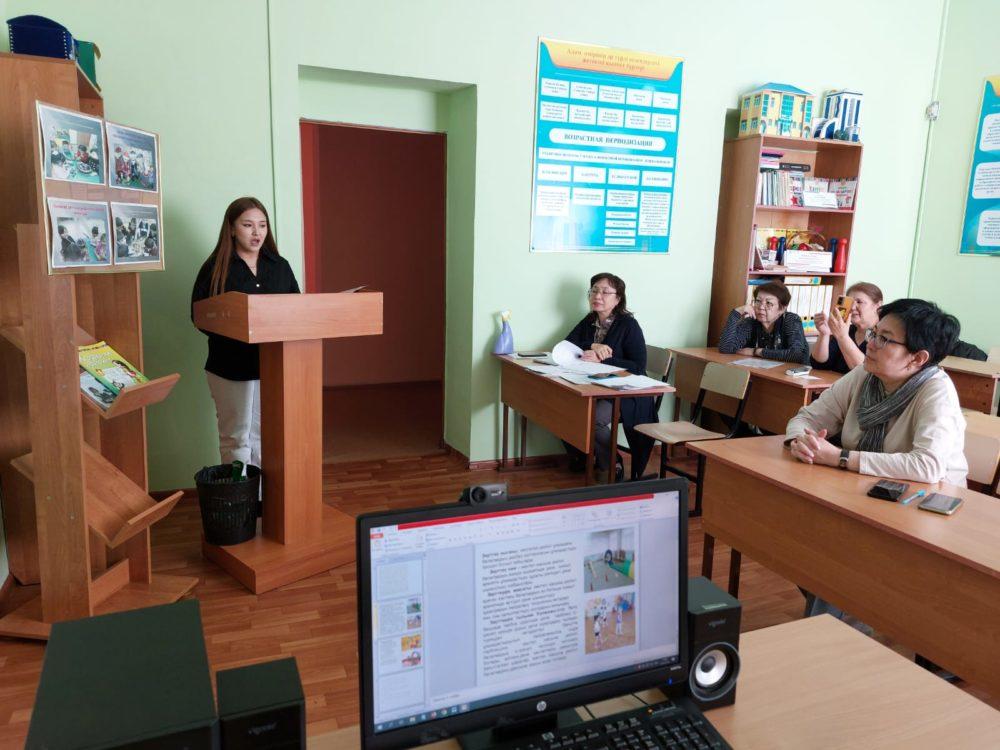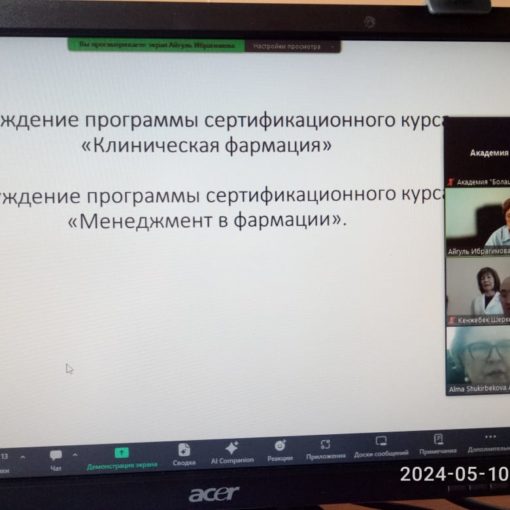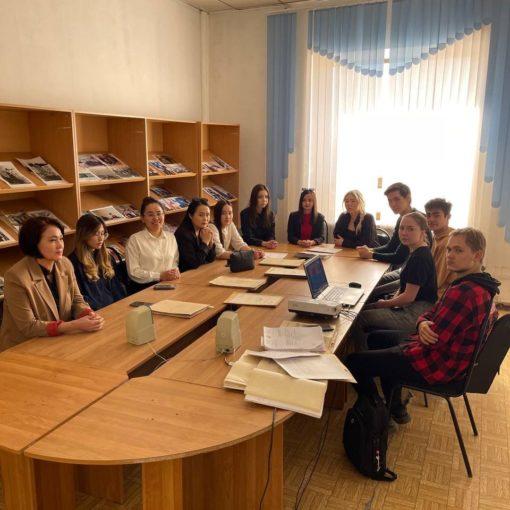Defense of a diploma is a procedure for assessing the level of theoretical knowledge of graduates, developed professional competencies, readiness to perform professional tasks and compliance of their readiness with the requirements of the educational program. The purpose of defending a diploma is to evaluate the learning outcomes and professional competencies achieved after completing the study of the educational program.
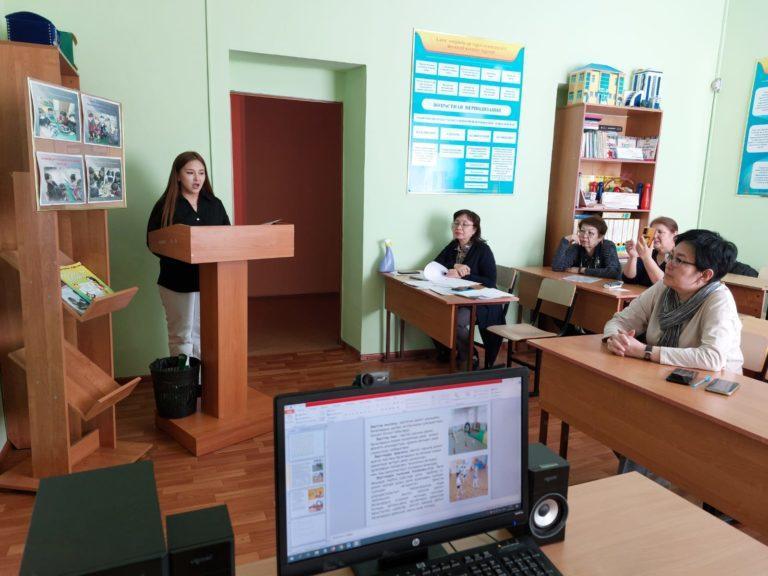
Preliminary defense of the thesis, preparation for the final presentation before the commission. Pre-diploma defense is carried out with the aim of helping the student, allowing him to prepare in advance, identify possible shortcomings in the work and freely express his opinion before the commission.
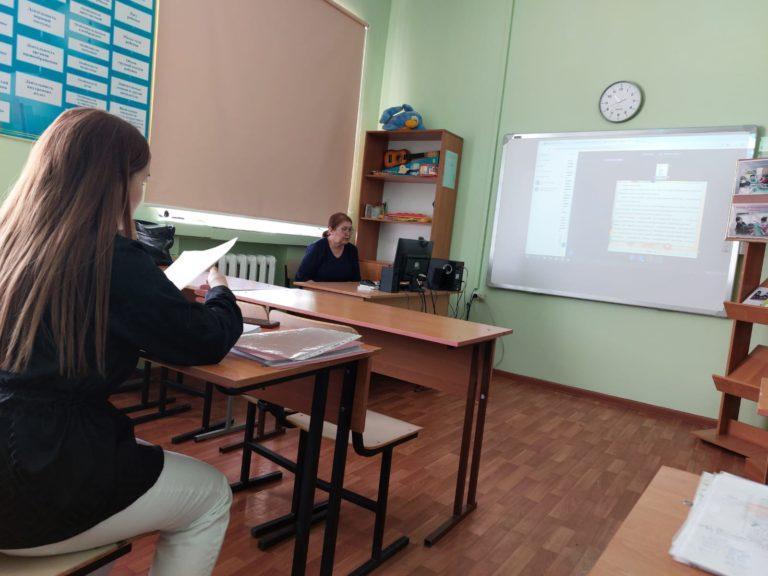
On April 25, 2024, the pre-diploma defense of students of the DOV-20-2 group in the educational program “Pre-school education and upbringing” took place. The head of the department of “Pedagogy” Abdrakhmanova A.S., associate professor, candidate of pedagogical sciences, spoke at the pre-diploma defense. Shaltayeva R. Zh., Associate Professor, Ph.D. Asakaeva D.S., senior teachers Zhanysbaeva R.M., Talikova G.T., Esmagulova A.A., Alekseeva E.A.. During the pre-diploma defense, students briefly outlined their thesis work. Members of the commission got acquainted with the assignments, made their comments, corrections, and suggestions. The committee members asked questions to the students. The students answered all the questions that were asked in detail and positively.

In general, we were able to see that the reliability and validity of the results obtained by students during the study were ensured by the initial theoretical and methodological positions, the consistency of the results of theoretical and experimental material; compliance of the content of the study with the scientific apparatus, consistency of the results of the study, the results obtained and conclusions; an optimal combination of theoretical and empirical aspects of the study.
In general, we were able to see that the reliability and validity of the results obtained by students during the study were ensured by the initial theoretical and methodological positions, the consistency of the results of theoretical and experimental material; compliance of the content of the study with the scientific apparatus, consistency of the results of the study, the results obtained and conclusions; an optimal combination of theoretical and empirical aspects of the study.
The students worked very hard during their thesis work, correctly identified the methods at each stage of the experiment, and effectively applied methods and techniques in their formation work.

